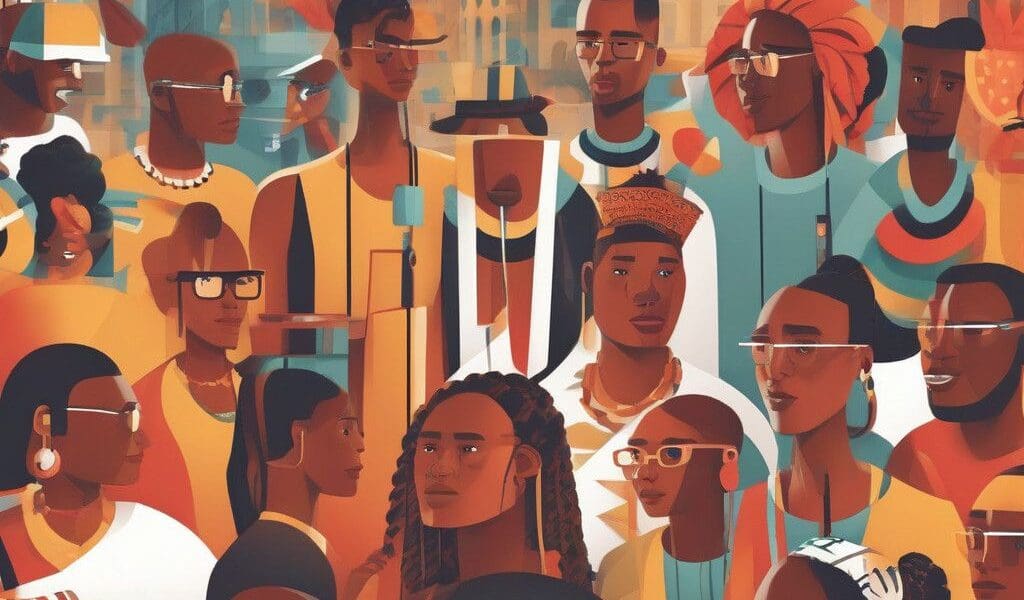Google Accused of Censorship Against African Stream: A Growing Concern in Digital Free Speech
Google is under scrutiny as allegations arise regarding its alleged censorship of the pan-African media platform, African Stream. This controversy ignited when the platform was locked out of its Gmail Workspace, a move described by African Stream as a loss of two years’ worth of emails and files. The organization contends that this action forms part of a larger pattern of suppression by US tech companies against its content, which aims to provide a platform for African voices and challenge negative stereotypes surrounding the continent.
The situation intensified following comments from US Secretary of State Antony Blinken, who implied that African Stream’s content is influenced by Russian propaganda, labeling the outlet as ‘Kremlin propagandists.’ This assertion led to heightened tensions and criticisms from African Stream, which claims that it has faced bans from multiple platforms, including YouTube, Facebook, TikTok, Instagram, and Threads, without receiving clear justifications from these tech giants.
African Stream vehemently denies any wrongdoing. They have questioned the motives behind the bans and why major tech companies would bend to the influence of a single political figure in the United States. The organization has expressed deep concern regarding the broader implications of such actions on freedom of speech and the exercise of digital rights, raising the vital question of how much sway political narratives might hold over technology firms’ content policies.
The prevalence of censorship in social media and digital communications is not new, but the situation involving African Stream sheds light on the complexities of content moderation in the digital age. Social media platforms and technology companies often find themselves navigating the difficult balance between community standards, regulatory concerns, and political demands. In this case, the lack of transparency from Google and other platforms fuels fears of arbitrariness in their decision-making processes.
Research from the Pew Research Center indicates that social media use in Africa is on the rise, with millions of users accessing platforms like Facebook, Twitter, and Instagram. The continent’s media landscape is diverse, and outlets such as African Stream play a critical role in informing public discourse and fostering dialogue. As these outlets face potential shutdowns, the implications extend beyond the platform itself; they touch on the broader landscape of digital media and democracy.
For instance, during the Arab Spring, social media served as a key facilitating tool for communication and organization amidst political unrest. Now, the accusation against Google raises questions about whether similar platforms will be available for marginalized voices in the future, especially those from developing countries and regions with less representation in mainstream media narratives.
The case against Google raises several important considerations. If powerful tech companies like Google and Facebook maintain the ability to censor content based on political viewpoints or pressures, the implications could be far-reaching. It could potentially stifle diversity of thought and curtail the pluralism essential for a healthy digital ecosystem.
In a practical sense, businesses and organizations that find themselves in similar situations must be vigilant. Having contingency plans, clear communication channels with stakeholders, and robust legal frameworks for data protection and content moderation can help mitigate the adverse effects of sudden bans or restrictions.
This ongoing situation could serve as a catalyst for a much-needed discussion among stakeholders in the digital realm regarding transparency in content moderation, the role of technology in free speech, and the responsibilities of tech giants. Advocacy for clearer guidelines and corporate responsibility in the face of censorship is paramount. Platforms should consider establishing independent review boards or feedback mechanisms for users, promoting a higher standard of accountability.
For consumers, it is critical to stay informed about the policies of digital platforms and express concerns over censorship or lack of transparency. Public opinion can have a powerful influence, leading to greater awareness and potential reform within these tech companies.
As the landscape of digital media continues to evolve, the visibility and vitality of voices from all corners of the globe must be preserved. The allegations of censorship against Google concerning African Stream are a reminder of the work that remains to ensure that digital spaces remain accessible, transparent, and inclusive for everyone.
African Stream’s ongoing battle serves as a wake-up call to digital advocates, civil society, and policymakers alike, emphasizing the need to protect digital rights and freedom of expression across the globe.








